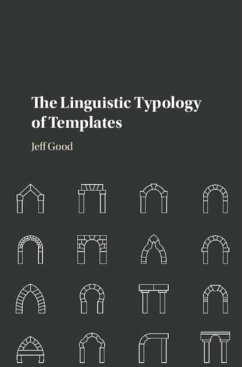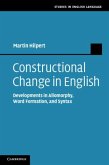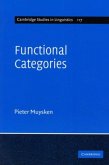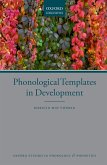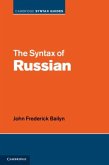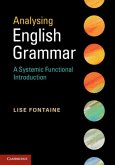This book represents the first comprehensive examination of templatic constructions - namely, linguistic structures involving unexpected linear stipulation - in both morphology and syntax from a typological perspective. It provides a state-of-the-art overview of the previous literature, develops a new typology for categorizing templatic constructions across grammatical domains, and examines their cross-linguistic variation by employing cutting-edge computational methods. It will be of interest to descriptive linguists seeking to gain a better sense of the diversity of the world's templatic constructions, theoretical linguists developing restrictive models of possible templates, and typologists interested in the attested range of patterns of linear stipulation and the application of new kinds of multivariate methods to cross-linguistic data. The new typological framework is illustrated in detail via a number of case studies involving languages of Africa, Europe, Asia, and the Americas, and numerous other templatic constructions are also considered over the course of the book.
Dieser Download kann aus rechtlichen Gründen nur mit Rechnungsadresse in A, B, BG, CY, CZ, D, DK, EW, E, FIN, F, GR, HR, H, IRL, I, LT, L, LR, M, NL, PL, P, R, S, SLO, SK ausgeliefert werden.

